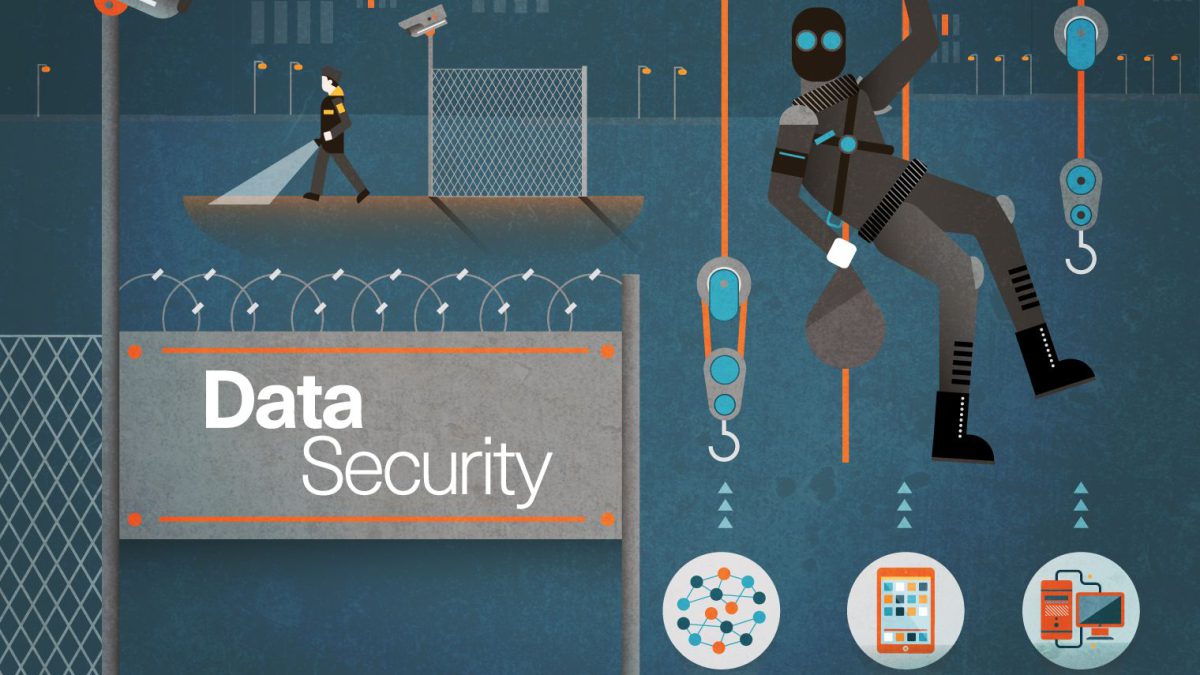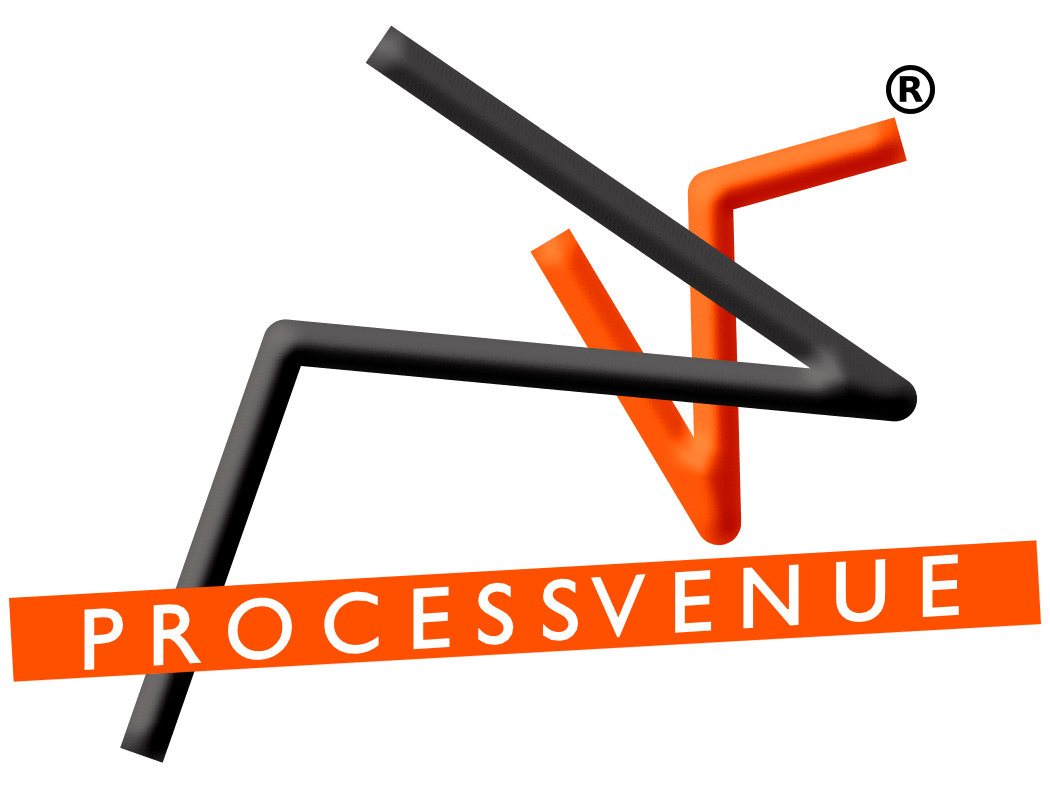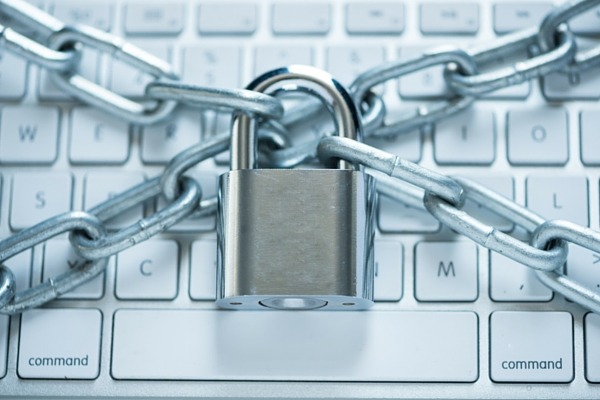
Data Security Management: Protecting Your Business Assets
Who amongst us in the IT sector wouldn’t have heard about the recent spate of cybercrimes and data breaches! The latest to bite the dust was an IT giant like Yahoo [Link]. Come to think of it, would they not have taken enough security measures to prevent exactly this? Definitely, they would have had layers and layers of security to safeguard the data privacy of their clients, yet the black hatters got the better of them and they lost a sizable amount of data.
Why Data Security?
This brings to the fore the importance of data security and data protection in today’s cyber world which is growing by leaps and bounds. While on one hand there are scores of methods being researched to preserve data and put secure data management systems in place, on the other with a similar pace there are scores of methods being devised to find ways around it! It is a race to get to the finish line which keeps getting distant like a mirage.
Data Security has become vitally important since it has become the measure of success for not only well established organizations for their growth and sustenance but also for the start ups who are in the process of setting their footing in the market.
The need of the hour is for the companies to do all that they can to protect themselves and their customers from the misuse of information, data leaks and breaches. Information is the biggest asset for a company and hence data privacy is crucial and needs to be fiercely guarded.
Data Privacy Versus Data Security
Before understanding the solutions to this ever looming threat we need to understand the difference between Data Privacy and Data security which are often used synonymously.
Data Privacy roughly means using data appropriately and responsibly for the purpose it was intended. In other words the companies who have been entrusted with this data should not sell, disclose or rent out the consumer information to other interested parties without the prior consent or approval of the consumers.
Data Security refers to maintaining the a) confidentiality of data, b) integrity of data and c) availability of data for authorized personnel. In other words Data should be accurate and reliable and the processes and procedures to prevent unauthorized access should be in place. Also companies should only focus on collecting relevant data and destroying what is not required.
Data Security and Data Privacy go hand in hand, almost like a home alarm security system which is required to protect the integrity and privacy of your home.
Solutions to keep a check on Data Breaches
The best way to keep an eye on possible data breaches or data security threats in an increasingly vulnerable and dynamic business environment is to monitor closer home.
Having a watertight security policy can go a long way in preserving and protecting the promised integrity of data.
1. Categorizing Data: It is important to categorize data so that the workers have a clear understanding of what data to process and how. While the Data of highest confidentiality should not be freely accessible the general category data may be easy to access and distribute. There could be categories clearly demarcating the extent of data usage and distribution. For e.g. Confidential Data, Internal Data, External Data, General Data etc.
2. Fixing Accountability: A company needs to ensure that its management and workforce are well aware of their responsibilities and can be held accountable for their work. It is important that data used or edited is being done by those that have authorized access. Any loss or breach can thus be easily traced back once these processes are in place.
3. Conducting Regular Self Checks: It may be a good practice to regularly scan databases, company networks and servers for any vulnerabilities and fixing them before the hackers discover them and take advantage.
4. Constant Monitoring of Compliance: Constantly monitoring the employees for data compliance is very important. It is important to conduct regular audits to check their awareness and penchant for adhering to data security policies. Any negligence may prove costly.
5. Being Prepared: Despite all measures in place, every organization should be in full readiness to face any eventualities of data theft or breach that may occur. This may include processes in place for delving deeper to identify the causes, find quick solutions in a bid to prevent future recurrence.
6. Outsourcing to Professionals: It may be a good idea to outsource your data to professional Organizations who specialize in not only keeping your data mined, sorted, verified and readily accessible for your authorize personnel but also keep it secure at all times. This gives you time for concentrating on bigger and better things instead of worrying about data breaches and security issues.
While the above list is not comprehensive, it is a pointer to what can be done for Data Protection to ensure not only the growth of an organization but also to maintain and honor the trust placed in the company by the consumers.

